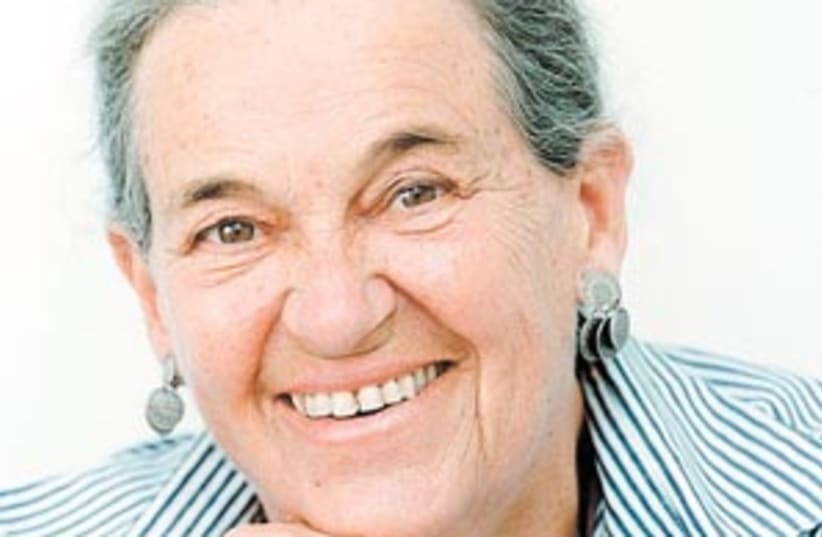| More about: | Thomas Mann, Hebrew University of Jerusalem, Palestine, Jerusalem |
The grand woman of Israeli theater
Orna Porat has been delighting audiences for decades.


| More about: | Thomas Mann, Hebrew University of Jerusalem, Palestine, Jerusalem |